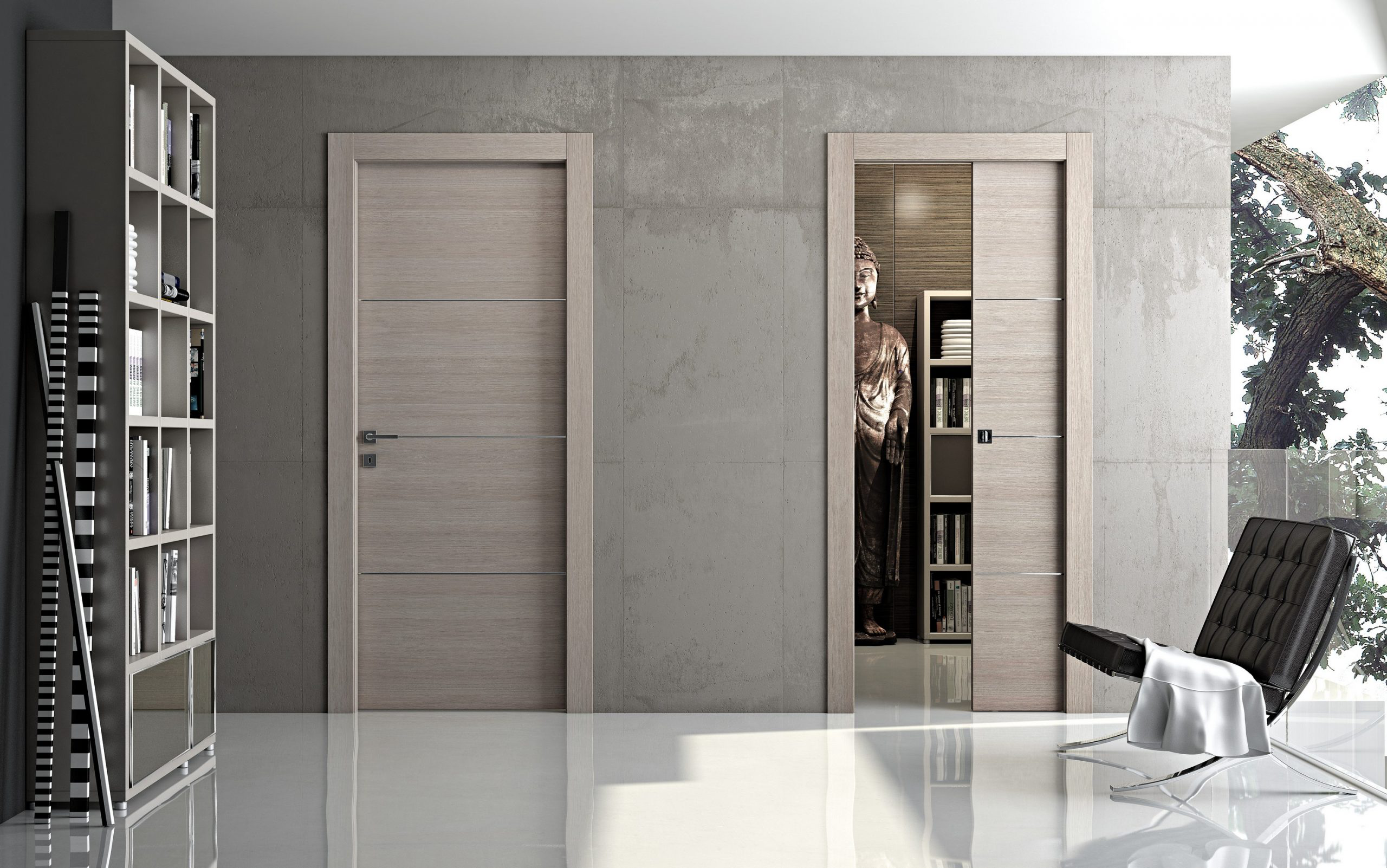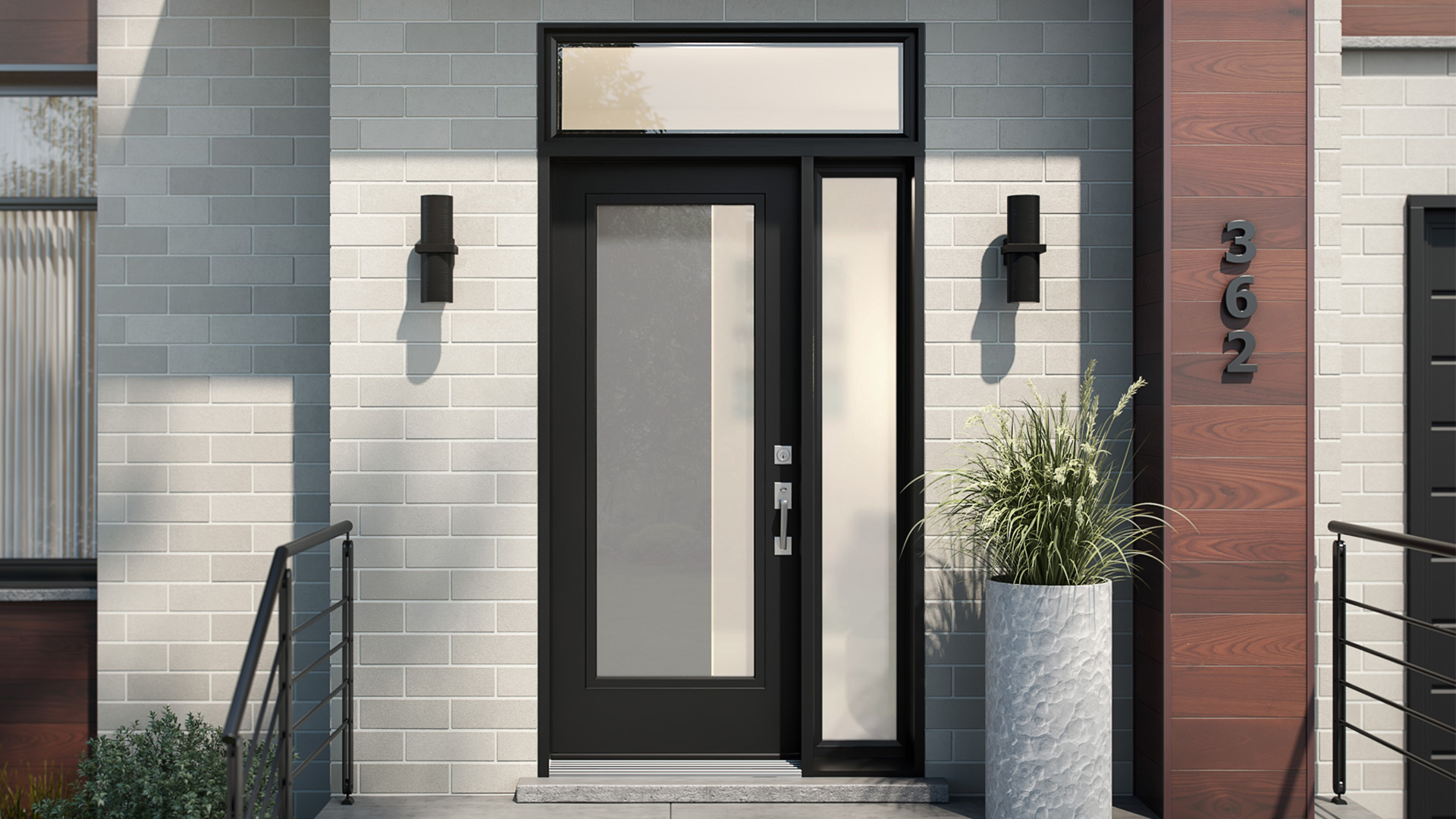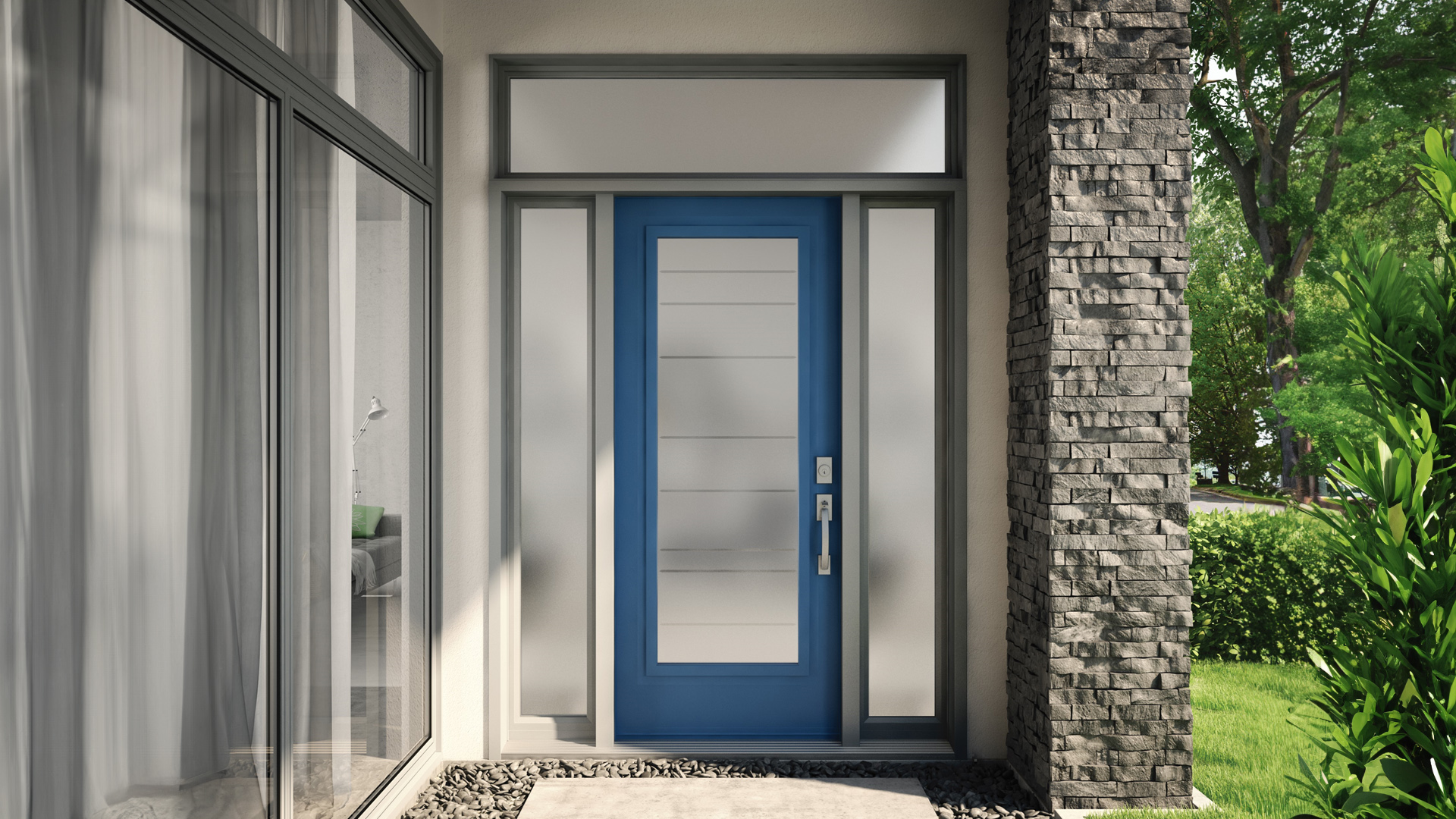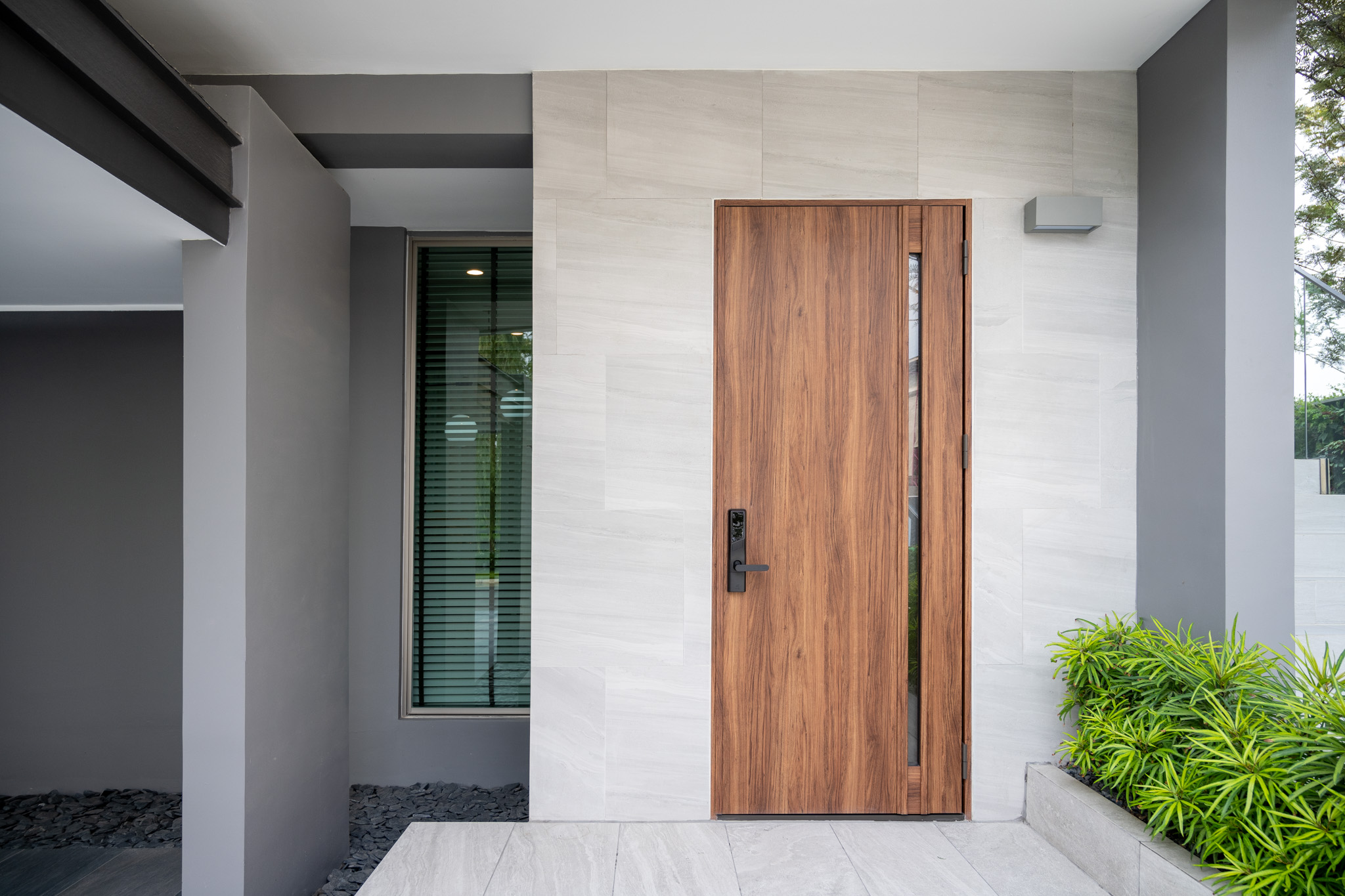What type of door is best for an exterior door?
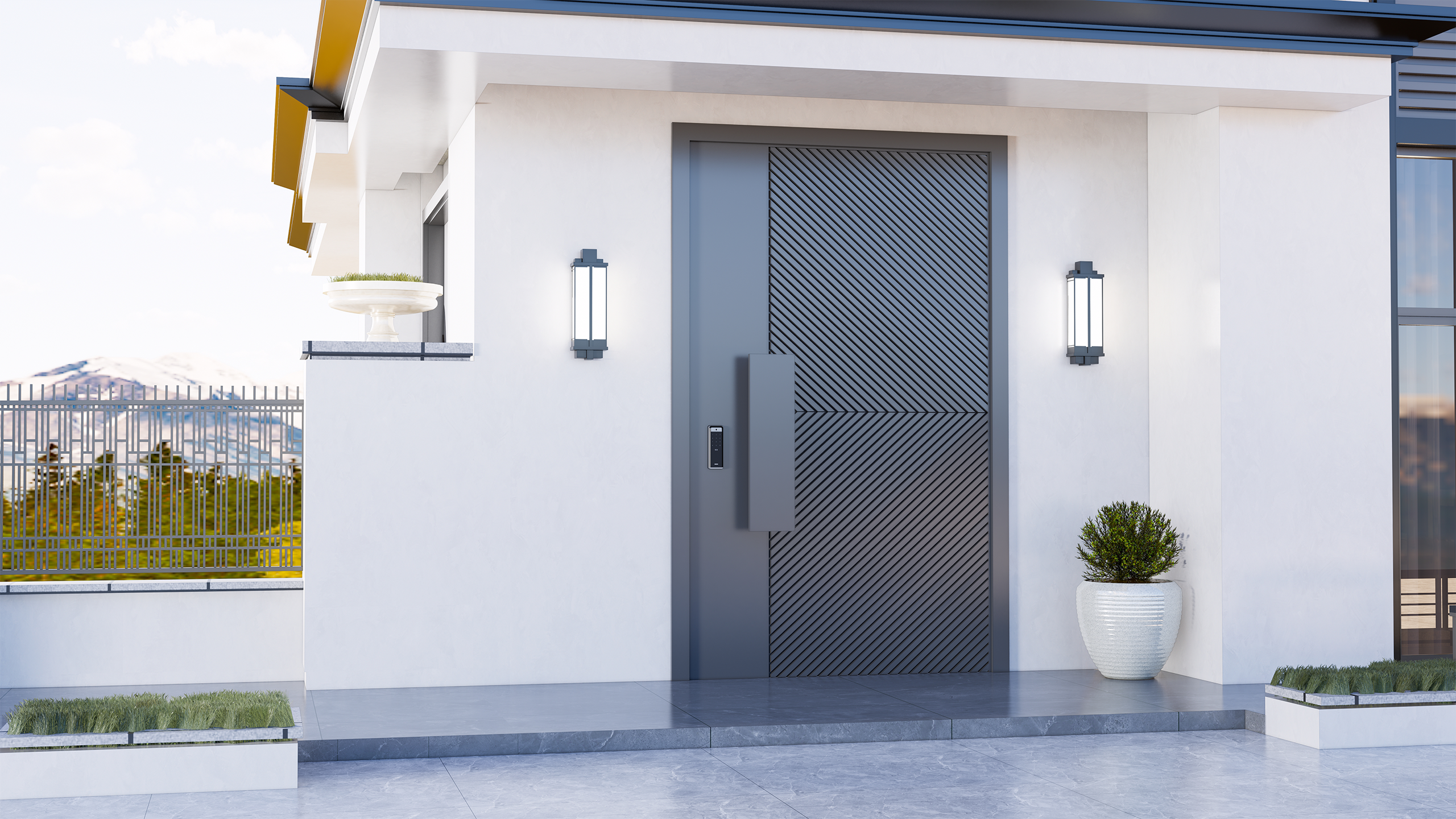
Introduction to Exterior Door
Choosing the right exterior door is one of the most important decisions you’ll make when designing your home or business. It’s not just a simple entry point; an exterior door can make a huge difference in how your property looks, feels, and even how secure it is. Exterior doors come in a wide variety of styles, materials, and designs, each offering unique benefits. Whether you’re looking to improve curb appeal, enhance security, or boost energy efficiency, the right door can help you achieve all of these goals.
What Makes an Exterior Door Special?
An exterior door is more than just an entryway to your home. It serves multiple functions that directly impact your daily life. First and foremost, an exterior door is the first thing people see when they approach your property. It sets the tone for your home’s style and personality. Whether you prefer a traditional wooden door or a sleek, modern cast aluminum option, your choice of exterior door helps create a lasting impression.
Additionally, exterior doors are crucial for maintaining your home’s security. A sturdy and well-built exterior door can be a major deterrent for intruders. Modern doors often come with advanced locking mechanisms, stronger frames, and security glass to ensure that your home remains safe.
Another key feature of exterior doors is their ability to regulate temperature. Many exterior doors are made with energy-efficient materials and insulation, helping to keep your home warm in winter and cool in summer. This not only improves comfort but also lowers energy bills by reducing the need for heating and cooling.
Lastly, exterior doors offer privacy and protection from the elements. A solid door can shield you from harsh weather conditions, such as rain, snow, or extreme heat. It also helps to keep your living spaces peaceful by blocking out noise from the outside world.
Why Choosing the Right Exterior Door Matters?
Choosing the right exterior door is not a decision to be taken lightly. Your front door does more than just provide access; it plays a key role in the functionality, security, and aesthetic of your property. First, think about security. A high-quality exterior door with a robust lock system can deter break-ins and provide you with peace of mind. When shopping for an exterior door, it’s essential to consider the material. For example, steel doors offer excellent protection, while wood doors can provide a more classic, natural look.
Another reason why the right exterior door matters is its impact on energy efficiency. An exterior door with proper insulation will prevent drafts and help keep your home comfortable throughout the year. Look for energy-efficient exterior doors with a good insulation rating to lower your heating and cooling costs.
The right exterior door can also improve your home’s curb appeal. Whether you choose a traditional wooden door or something more modern, the exterior door sets the first impression for visitors. It can elevate the look of your home, making it more inviting and stylish.
Lastly, choosing the right door ensures durability and long-term value. A cheap, poorly made door will likely need frequent repairs or replacement. On the other hand, investing in a high-quality exterior door can save you money in the long run, as it will last longer and require less maintenance.
Key Considerations When Choosing an Exterior Door
Selecting the right exterior door involves more than just choosing a style that looks nice. There are a few key factors to keep in mind to ensure your door not only enhances the appearance of your home but also performs well over time. These considerations will help you make the best decision based on your environment, security needs, and energy goals.
Climate and Weather Conditions
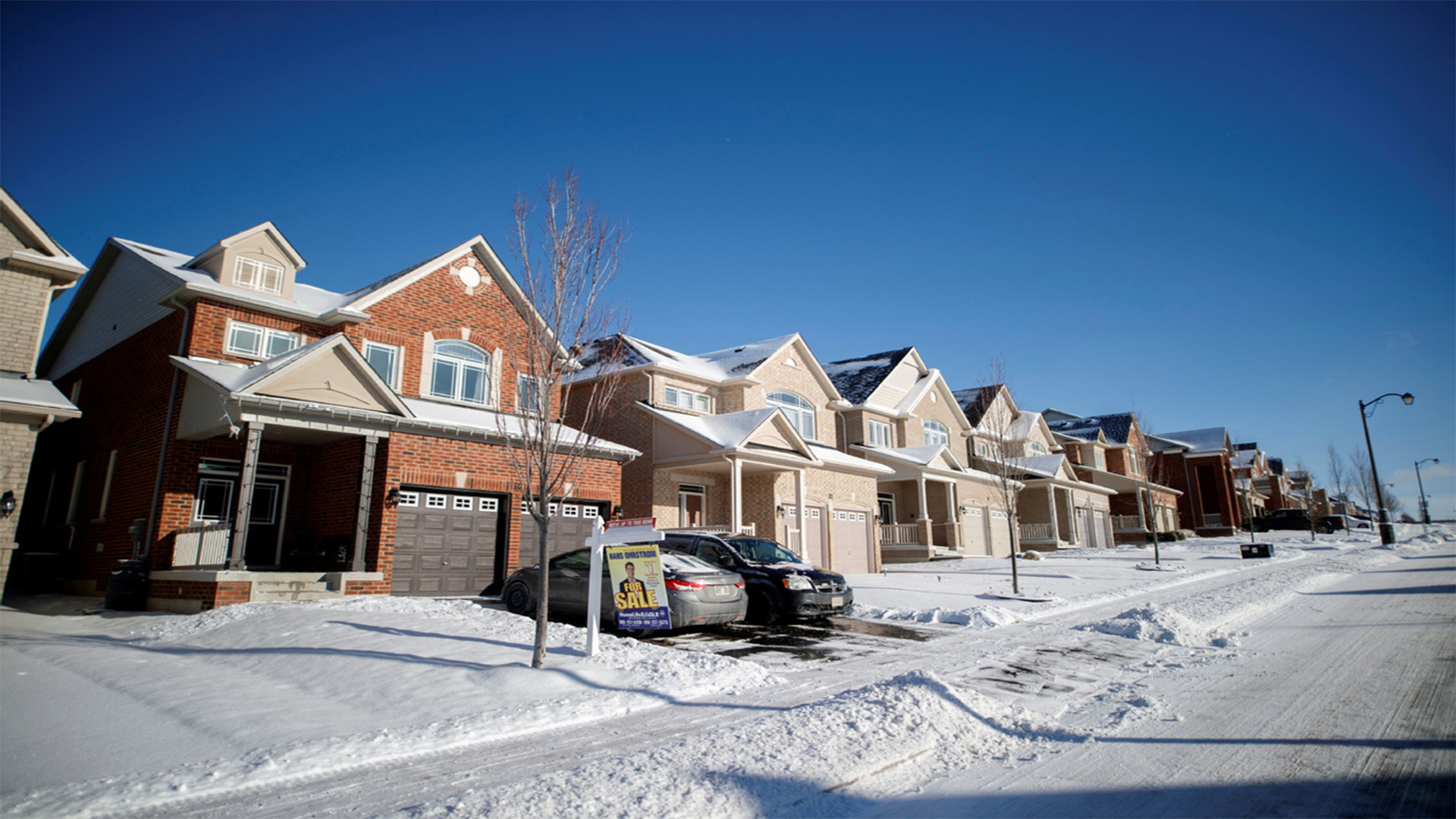
The weather in your area plays a major role in the type of exterior door you should choose. Exterior doors need to be able to withstand the climate in which they are installed. For homes in colder climates, an insulated exterior door is essential. These doors are designed to keep warm air inside during the winter months, preventing heat loss and ensuring your home stays comfortable. Look for doors with thermal breaks and high insulation ratings to ensure optimal performance.
If you live in a region with hot, humid weather, you’ll want a door that resists moisture and won’t warp or deteriorate quickly. Cast aluminum exterior doors are an excellent choice for damp areas because they’re resistant to moisture and won’t swell or rot over time. Additionally, they offer great insulation, keeping your home cool during summer.
For areas prone to extreme weather, such as heavy rain or snowstorms, a storm door can provide an extra layer of protection. Storm doors are built to shield your main exterior door from harsh elements, reducing wear and tear and enhancing the door’s overall lifespan.
Choosing the right exterior door based on your climate ensures it will perform well, keeping your home secure and energy-efficient, regardless of the weather outside.
Durability and Longevity
The durability and longevity of your exterior door are crucial factors to consider. A well-built front door will withstand years of wear and tear, preserving both its appearance and functionality. When choosing a door, consider materials that offer strength and resistance to the elements. Steel doors, for example, are renowned for their toughness and can withstand impacts, making them ideal for high-traffic areas or homes in neighbourhoods with heightened security concerns.
Wooden exterior doors offer a classic, elegant look, but they do require more maintenance. Over time, wood can crack, warp, or fade if it’s not properly cared for. To ensure longevity, opt for high-quality timber and seal it regularly to protect it from moisture and temperature changes.
On the other hand, cast aluminum doors are incredibly durable and can last for decades with little maintenance. These doors are resistant to cracking, warping, and fading, making them a great option for homeowners seeking low-maintenance durability.
When choosing an exterior door, invest in one that will stand the test of time. Ensure that you select a material and construction that match the demands of your environment and the level of maintenance you’re willing to provide.
Security Features
The security of your home is one of the most important factors to consider when choosing an exterior door. A door doesn’t just serve as a gateway—it also acts as a barrier that protects you, your family, and your possessions from unwanted intruders. Therefore, a high-quality, secure exterior door is essential for peace of mind.
Steel exterior doors are some of the best when it comes to security. Their robust construction makes them nearly impenetrable, providing a solid barrier against break-ins. In addition, many steel doors come with reinforced frames and locks to further enhance security.
If you’re looking for a door that balances security with style, cast aluminum exterior doors are also a strong option. Modern cast aluminum doors can be designed with multiple locking points and security glass that resists shattering, adding an extra layer of protection.
Ultimately, when selecting an exterior door, prioritize features that enhance both security and convenience, such as solid construction, quality locks, and reinforced glass options.
Energy Efficiency
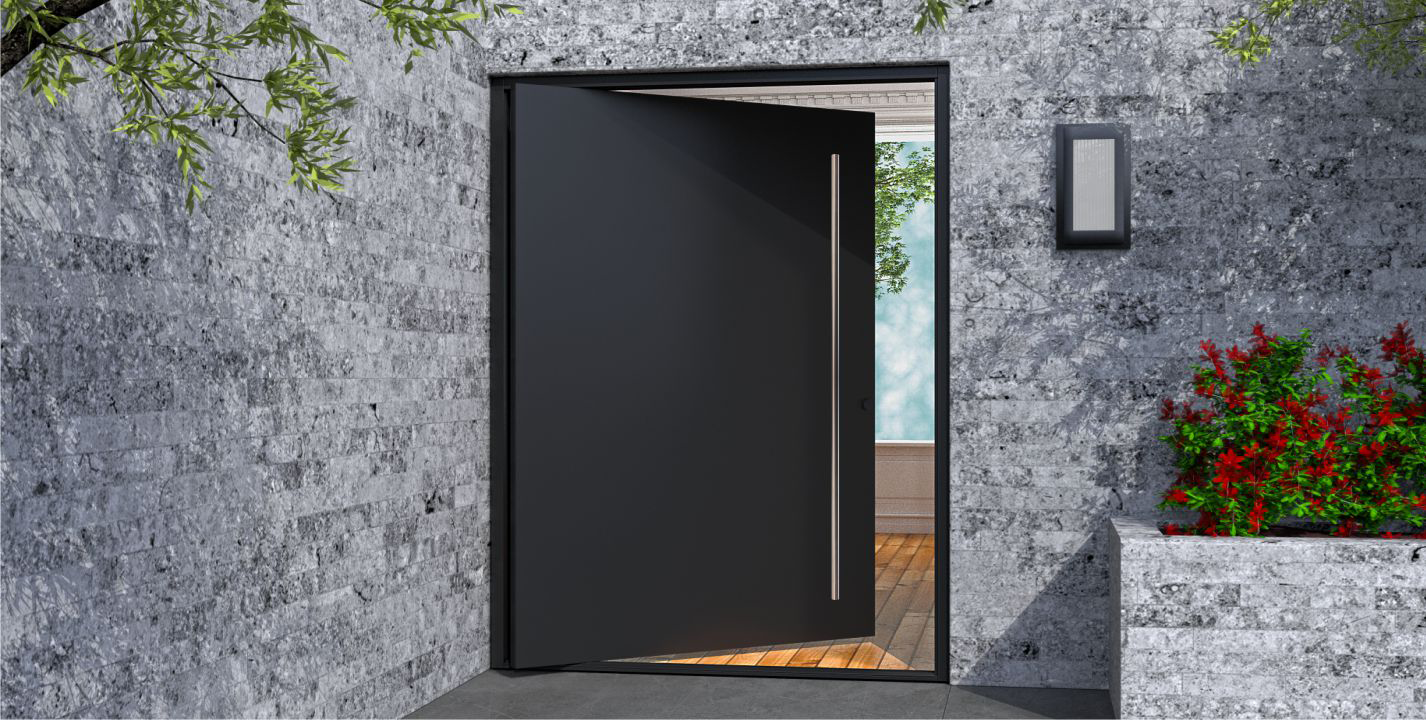
An exterior door isn’t just about looks or security—it can also significantly impact your energy bills. A well-insulated exterior door helps maintain the temperature inside your home, keeping cold air out during winter and cool air in during summer. This improves comfort and reduces the strain on your heating and cooling systems.
When looking for an energy-efficient exterior door, be sure to check its R-value, which measures the door’s insulation capacity. A higher R-value means better insulation. Cast aluminum doors excel at maintaining a consistent temperature due to their natural insulating properties and low thermal conductivity. Additionally, these doors are designed to keep your home comfortable by reducing heat transfer.
In addition to the door itself, don’t forget about the frame and seal. Gaps between the door and its frame can lead to energy loss, so ensure the door is properly sealed. Weatherstripping and door sweeps are affordable and simple ways to increase energy efficiency and prevent drafts.
An energy-efficient exterior door helps to reduce heating and cooling costs over time, making it a smart investment for your home. Select a door that not only keeps you comfortable but also saves you money in the long run.
Types of Exterior Doors and Their Features
When it comes to selecting an exterior door, numerous options are available, each offering distinct advantages. Whether you prioritize aesthetics, security, or durability, the right material can make all the difference. Let’s explore three popular types of exterior doors and what makes each one stand out.
Wooden Exterior Door
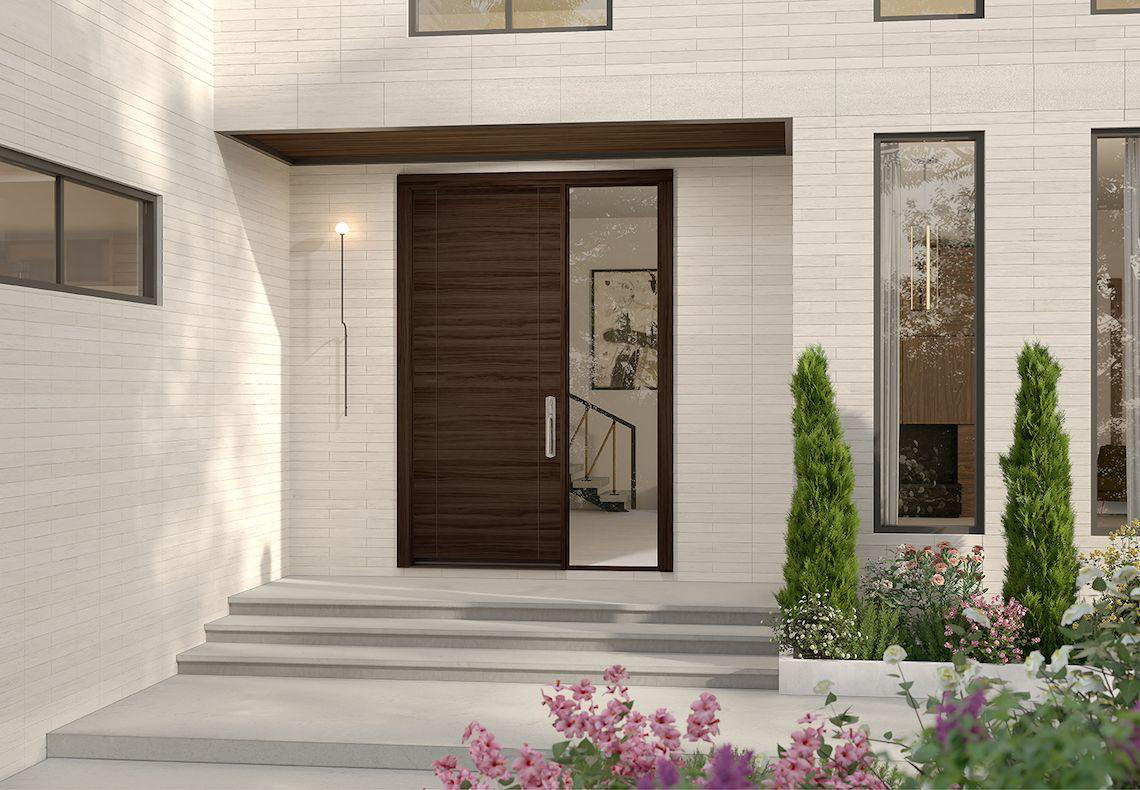
Wooden exterior doors have a timeless appeal that many homeowners love. They offer a natural, classic look that can complement any style, from traditional to modern. The rich textures and natural grains of wood add warmth and character to your home, creating an inviting entrance.
One of the main advantages of wooden doors is their versatility. They can be customised in various shapes, sizes, and finishes, allowing you to create a door that perfectly suits your exact preferences. Whether you prefer a sleek modern look with minimal details or a more rustic, detailed design, wooden exterior doors can be tailored to your taste.
However, wooden exterior doors do require more maintenance compared to other materials. They can be prone to weathering over time, especially when exposed to harsh elements such as rain or intense sunlight. Regular sealing and finishing are necessary to prevent warping, cracking, and fading. But with proper care, a wooden door can last for decades, offering a warm, elegant look that many homeowners find hard to beat.
Wooden doors also offer excellent insulation properties, helping to keep your home comfortable throughout the year. While they may not be as energy-efficient as some other materials, they can still provide a decent level of thermal resistance when properly treated.
Summary
In summary, wooden exterior doors offer timeless beauty and flexibility; however, they require more upkeep to ensure long-term durability.
Steel Exterior Door

For those looking for strength, security, and low maintenance, steel exterior doors are a top choice. These doors are built to last, offering superior protection against intruders. The solid construction of a steel door makes it nearly impenetrable, providing an added layer of security for your home. Many steel exterior doors also feature reinforced frames and heavy-duty locks, making them an excellent option for areas where security is a top priority.
Steel doors are also highly durable and resistant to the elements. Unlike wooden doors, they won’t warp, rot, or crack over time. Steel is naturally resistant to moisture, making it a good choice for regions with high humidity or extreme weather conditions. Additionally, steel exterior doors are fire-resistant, providing an extra layer of protection for your home.
When it comes to insulation, steel exterior doors often come with an insulated core that helps keep your home warm in winter and cool in summer. This can improve energy efficiency and reduce your utility bills. Additionally, steel doors are available in a wide range of styles and finishes, allowing you to find a design that matches your home’s aesthetic.
The primary drawback of steel doors is that they can be prone to dents or scratches, particularly in high-traffic areas or when the door is frequently used. However, these imperfections can usually be easily repaired, and a high-quality steel exterior door will maintain its performance for many years to come.
Summary
Overall, steel exterior doors are a secure, durable, and low-maintenance option that provides long-lasting protection for homeowners.
Cast Aluminum Exterior Door

Cast aluminum exterior doors are an excellent choice for homeowners seeking a blend of durability, low maintenance, and style. Aluminium is naturally resistant to rust and corrosion, making cast aluminum doors an excellent choice for coastal areas or regions with high humidity. They withstand the elements well and maintain their appearance even after years of exposure to rain, salt, or snow.
One of the standout features of cast aluminum exterior doors is their strength. Despite being lightweight, aluminum is a strong material that can handle heavy use without warping or bending. These doors can be fitted with solid cores for enhanced security and insulation, offering both protection and energy efficiency.
In terms of maintenance, cast aluminum doors are much easier to care for than wooden doors. They don’t require regular sealing or refinishing, and any dirt or grime can be easily wiped away. The material is also resistant to fading, ensuring your cast aluminum door retains its appearance for years to come, even under harsh weather conditions.
Energy efficiency is another advantage of cast aluminum doors. Many models feature an insulated core that helps maintain steady indoor temperatures, making them an energy-efficient option. Combined with the material’s durability and resistance to the elements, cast aluminum exterior doors are a great long-term investment for homeowners.
Summary
To sum it up, cast aluminum exterior doors are strong, weather-resistant, and easy to maintain. If you’re looking for a low-maintenance, energy-efficient, and durable door, this could be the perfect choice.
Best Exterior Door Material for Different Needs
Choosing the right material for your exterior door depends on your location, security requirements, and climate. The material you choose will affect your door’s durability, energy efficiency, and ability to withstand the elements. Let’s take a look at the best exterior door materials for different needs, whether you’re in a cold climate, a hot and humid area, or need a high-security solution.
Best Door Material for Cold Climates
When you live in a cold climate, the exterior door you choose should help keep your home warm by preventing drafts and heat loss. Insulation is key, and you’ll want a door that offers high thermal resistance to minimize heating costs and keep your home cozy during the colder months.
The best exterior door materials for cold climates are cast aluminum or steel. These materials provide excellent insulation, preventing the cold from seeping inside. Cast aluminum exterior doors are especially well-suited for cold climates because they feature a solid core that not only keeps the door strong but also makes it energy-efficient. They don’t warp or crack like wood can in extreme temperatures, and they require low maintenance.
Another great option is steel exterior doors, which are also highly insulated, and many models come with a thick foam core. This added insulation helps to keep the cold out and the warmth inside, making them a good choice for energy efficiency in freezing temperatures. Steel doors are durable and resistant to the elements, which makes them ideal for homes in areas that experience snow, ice, and low temperatures.
Summary
In cold climates, focus on materials that help insulate your home, reduce energy consumption, and keep out the harsh winds. Cast aluminum and steel doors are top choices for these needs.
Best Door Material for Hot and Humid Climates
In hot and humid climates, the exterior door you choose must be resistant to moisture, humidity, and temperature fluctuations. Humidity can cause wood to warp or rot, while intense heat can cause doors to expand and contract. So, you’ll need a material that is both durable and resistant to weathering.
Cast aluminum exterior doors are an excellent choice for hot and humid climates. Aluminum is naturally resistant to rust and corrosion, making it an ideal material for use in areas with high moisture levels. Cast aluminum doors are strong, lightweight, and resistant to both extreme heat and humidity. They also require less maintenance than wooden doors and are less likely to warp or swell.
Another good option for hot and humid climates is cast aluminum. While cast aluminum doors are often used in cold temperatures due to their durability, they also perform well in warmer areas. Cast aluminum exterior doors are resistant to moisture, won’t crack, and are unaffected by humidity. This makes them a low-maintenance choice for homes in areas with high heat and moisture levels.
Summary
For hot climates, it’s important to choose a door material that can withstand high temperatures without warping or fading. Both cast aluminum exterior doors are durable, moisture-resistant, and require minimal upkeep.

Best Door Material for High-Security Needs
When it comes to security, the exterior door you choose should be solid, tough, and able to withstand any attempt at forced entry. A good security door is not only strong but also equipped with additional features such as reinforced frames and advanced locking mechanisms.
For the highest level of security, steel exterior doors are the best option. Steel doors are extremely strong and provide excellent protection against intruders. Many steel doors come with reinforced frames and advanced locking systems, making them one of the most secure choices available. Steel is also resistant to impact, meaning it can withstand attempts to break through without easily denting or cracking.
If you’re looking for something that balances security with style, cast aluminum exterior doors are also a great choice. These doors are strong enough to provide reliable security while maintaining a sleek, modern appearance. Cast aluminum doors can be fitted with multi-point locking systems for added security, and the material is resistant to damage from weather or forced entry.
Another option for high-security needs is cast aluminum exterior doors, especially those with reinforced cores and security glass. These doors can be equipped with heavy-duty locks and impact-resistant glass, making them a solid, secure choice for your home. Although they are not as impenetrable as steel, cast aluminum doors still offer a high level of security and are less likely to exhibit signs of damage.
Summary
When choosing an exterior door for security, steel exterior doors should be your top choice for ultimate protection, followed by cast aluminum doors, which offer a balance of strength and style. Cast aluminum doors are also a secure option if you prefer a non-metal door.
How to Choose the Right Exterior Door Style?
When selecting the ideal exterior door style, several key factors should be taken into consideration. The exterior door you choose will impact not only the curb appeal of your home but also its functionality, security, and energy efficiency. Whether you lean toward traditional charm or modern sophistication, understanding the different styles and their benefits can help you make the best choice.
Traditional vs. Modern Door Styles
One of the first decisions you’ll need to make is whether to go with a traditional exterior door style or a more modern door design. Each style has its distinct features and appeals to different tastes.
Classic designs with intricate details often characterize traditional exterior doors. These doors may feature decorative elements, such as panelling, glass inserts, or ornate hardware. Wooden doors are commonly used in traditional styles, as the material enhances the vintage look. These doors evoke a sense of warmth, charm, and timeless elegance, making them a popular choice for older homes or those looking to maintain a classic aesthetic.
On the other hand, modern exterior doors emphasize clean lines, minimalism, and simplicity. These doors often utilise materials like cast aluminum or steel and feature sleek finishes, such as matte or glossy coatings. Modern designs usually feature large glass panels or even entire glass doors to allow natural light to enter. These doors create a contemporary look and feel, ideal for homes with modern or minimalist architecture.
Summary
When choosing between traditional and modern exterior doors, think about your home’s overall style and the kind of statement you want to make. If your home has a more rustic or classic vibe, a traditional door will complement it beautifully. If you’re aiming for a fresh, clean, and contemporary look, then a modern door might be the right fit.

Popular Exterior Door Styles
There are a variety of exterior door styles to choose from, each offering different features to suit your needs. Let’s explore some of the most popular options:
1. Panel Doors:
One of the most classic choices, panel doors are made with multiple raised or recessed panels. These exterior doors are versatile and can be incorporated into both traditional and contemporary homes, depending on the chosen material and finish.
2. French Doors:
Often used as a patio or garden door, French doors feature large glass panels and typically come in pairs. These doors offer a sophisticated look and create an open, airy feel by allowing ample light into your home.
3. Single or Double Doors:
Depending on your entryway’s size and your desired look, you can choose between a single door or double doors. Double doors are ideal for creating a grand entrance and are commonly used in larger homes, whereas single doors provide a more compact and functional option.
4. Glass Doors:
For maximum natural light, glass exterior doors are an excellent choice. These doors come in various designs, including full-glass and half-glass styles. For added privacy, you can choose frosted, tinted, or etched glass.
5. Sliding Doors:
Popular in modern homes, sliding exterior doors are a practical solution for patios or balconies. These doors move smoothly on tracks and can be a space-saving option if you don’t have room for a traditional swinging door.
Summary
Each exterior door style has its unique benefits, so consider how it aligns with your home’s design, lifestyle, and needs before making a decision.
Custom vs. Pre-Made Exterior Doors
When it comes to purchasing your exterior door, you have two main options: custom-made or pre-made. Both options have their advantages, and the choice depends on your budget, timeline, and specific needs.
Pre-made exterior doors are mass-produced and come in standard sizes and designs. These doors are typically more affordable and available in a wide range of styles, materials, and finishes. If you’re looking for a quick and budget-friendly solution, pre-made doors are a great choice. Many pre-made exterior doors are also customizable in terms of color and hardware, allowing you to add a personal touch. However, keep in mind that these doors may not fit perfectly in spaces with unique measurements, and your style options may be more limited compared to custom options.
On the other hand, custom exterior doors are made to order, tailored to your specific measurements, style preferences, and functional needs. Custom doors are an excellent choice if you want a door that perfectly matches the design of your home or if you have unusual entryway dimensions. With custom doors, you can choose from a broader selection of materials, designs, and finishes, and even incorporate unique features such as custom glass designs or decorative elements. However, custom doors tend to be more expensive and may take longer to manufacture and install.
Summary
Ultimately, the choice between custom vs. pre-made exterior doors depends on your priorities. If you have the budget and need a unique, high-quality design, a custom exterior door may be the ideal solution. But if you’re working with a tight budget or need a door quickly, a pre-made exterior door can still offer great value and a wide range of styles.
How to Maintain Your Exterior Door for Longevity?
Your exterior door is not only a functional part of your home, but it’s also a crucial element in enhancing your home’s curb appeal. To ensure your door remains strong and beautiful for years, it requires regular maintenance. Whether it’s a wooden door, a steel door, or a cast aluminum door, each type requires care to prevent damage from the elements.
Cleaning and Caring for Wooden Door
Wooden doors are classic and stylish, but they do require extra attention to stay in top shape. Exposure to the sun, rain, and humidity can take a toll on your exterior wooden door, leading to fading, warping, or even cracking. Here’s how to take care of it:
1. Regular Cleaning:
Start by wiping down your wooden door with a soft cloth and a mild soap solution mixed with water. Avoid harsh chemicals or abrasive materials, as they can damage the finish. Clean your door every month to remove dirt, dust, and other debris that can accumulate over time.
2. Protecting the Finish:
Wooden doors often come with a protective finish, such as varnish or paint, to enhance their appearance and durability. Over time, this can wear off due to weather exposure. To protect the wood, you should reapply the finish every couple of years. This will keep the wood from absorbing moisture, which could cause it to swell or rot.
3. Sealing Gaps:
Check the weatherstripping around the door for any signs of wear. If you notice gaps, seal them to prevent drafts and moisture from getting in. This not only helps with energy efficiency but also protects your door from potential damage caused by water or cold air.
4. Treating for Pests:
Wooden doors are susceptible to pests, especially termites. Regularly inspect the door for any signs of infestation. If you spot any, call a professional to handle the issue before it spreads.

Maintaining Steel and Cast Aluminum Doors
Steel and cast aluminum doors are often chosen for their durability and low-maintenance properties. However, they still require attention to keep them functioning well and looking great. Here’s what you need to do:
1. Cleaning:
For steel or cast aluminum exterior doors, cleaning is straightforward. Use a mild detergent and a damp cloth to wipe down the surface. Avoid using rough scrubbers, as they can scratch the metal surface. You should clean your door at least once a month to keep it free of dirt, dust, and grime.
2. Rust Prevention:
While steel doors are strong, they can be prone to rust if the paint or protective coating is damaged. Regularly inspect your steel exterior door for any chips or scratches in the paint. If you find any, touch them up right away to prevent moisture from getting in and causing rust.
3. Checking the Seal:
Like wooden doors, steel and cast aluminum doors also have weatherstripping that can wear down over time. Be sure to check the seals around your door regularly. If you notice any cracks or gaps, replace the weatherstripping to maintain your door’s energy efficiency and prevent cold air or water from entering.
4. Lubricating the Hardware:
The hardware on steel or aluminum doors—such as hinges, locks, and handles—can become stiff or rust over time. To prevent this, lubricate the hinges and locks once or twice a year with a silicone-based lubricant. This keeps the door working smoothly and extends the life of the hardware.
Relate FAQ
Are cast aluminum doors good for exterior use?
Yes, cast aluminum doors are a solid choice for exterior doors. They are resistant to corrosion, durable, and require less maintenance than wood doors. They are also lightweight, which makes them easier to handle during installation, and they offer a sleek, modern appearance.
What type of exterior door is best for cold climates?
For cold climates, cast aluminum and solid wood doors are ideal choices. Cast aluminum doors, although offering less insulation than wood, are often treated to enhance energy efficiency and weather resistance, making them suitable for colder climates. Solid wood doors also provide great insulation but require regular maintenance to protect against the cold.
What is the best exterior door for energy efficiency?
Cast aluminum doors with insulated cores offer good energy efficiency; however, steel doors with foam cores are considered the most effective for achieving high energy savings. Both materials help to minimize heat loss, keeping your home comfortable year-round.
What size should an exterior door be?
Standard exterior doors are typically 36 inches wide by 80 inches tall. However, custom sizes are available to suit specific design needs. Be sure to measure the door frame and account for any clearance space needed for proper installation.
What is the difference between a front door and a back door?
Front doors are typically designed for higher aesthetic value and are often more ornate or visually striking, whereas back doors are usually simpler and prioritise practicality and security. Both should offer the necessary protection, but the front door may be made from more decorative materials, such as wood or cast aluminum.
What are the benefits of an energy-efficient exterior door?
An energy-efficient exterior door helps regulate your home’s temperature by preventing drafts and reducing heating and cooling costs. These doors are often made from materials with higher insulation properties, such as cast aluminum or steel, and feature energy-efficient seals around the frame to minimise heat loss.
How do I choose the right exterior door for my home’s style?
Consider the architecture of your home when selecting an exterior door. For modern or minimalist homes, sleek cast aluminum or glass doors are well-suited, while traditional homes often benefit from the warmth of wood. Cast aluminum doors offer a versatile option, as they can be crafted to resemble more conventional materials while providing enhanced durability and reduced maintenance requirements.
How do I maintain my exterior door?
Regular maintenance includes checking the seals and weatherstripping to ensure there are no gaps or openings. Wood doors may require refinishing every few years, whereas cast aluminum doors generally require less maintenance. Keep hinges oiled and ensure the door is properly sealed to prevent moisture damage.
